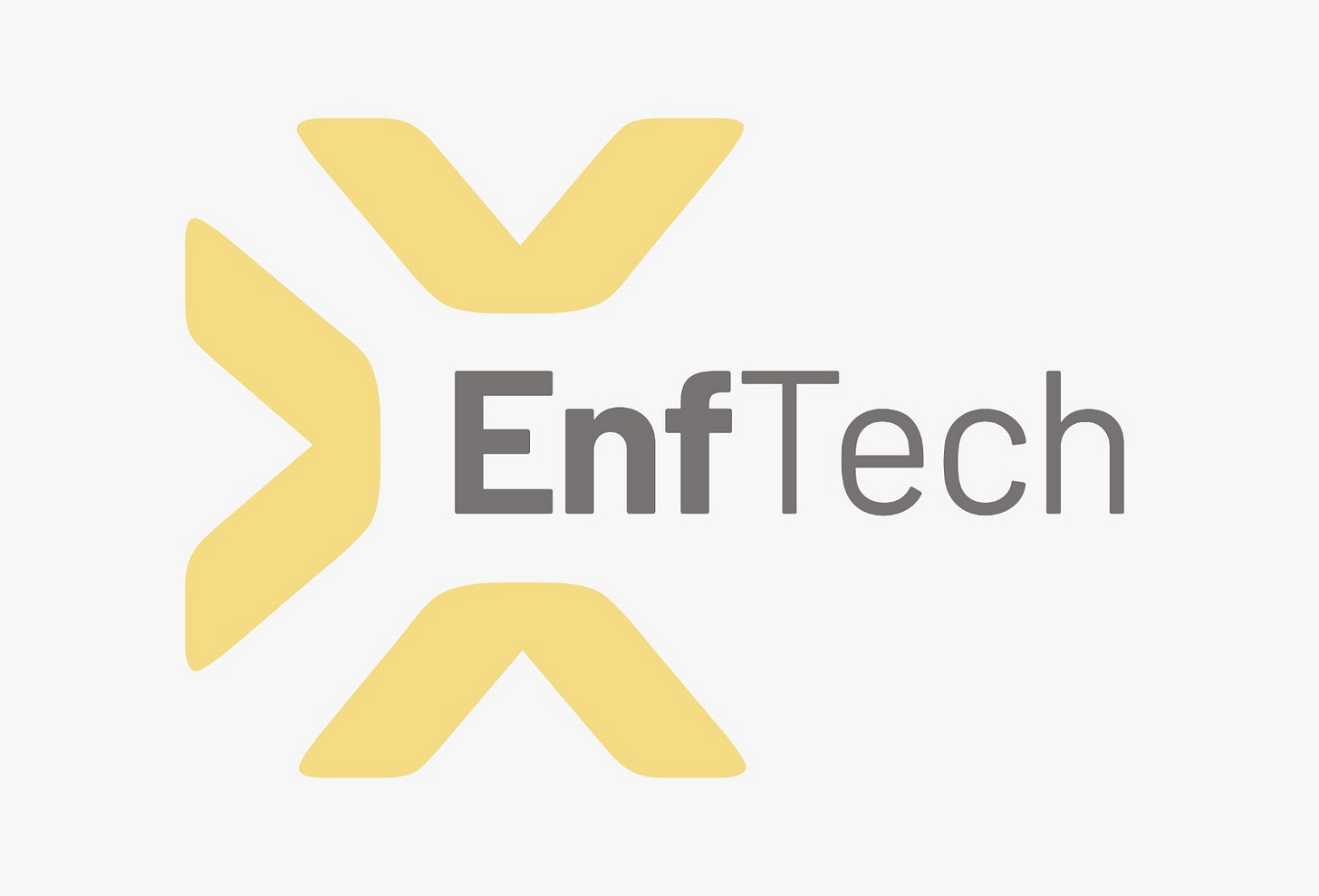EnfTech: maximising the potential of technology in consumer law enforcement
Consumer protection laws are catching up with digital harms but enforcement is not (yet)
I’ve been busy on a new project all about using technology in the often difficult job of enforcing consumer protection laws. If you want to find out more, please register for the event Introducing EnfTech: a technological approach to consumer law enforcement on 20 April 2023 and visit www.enftech.org.
What’s the consumer protection enforcement challenge?
Enforcement is instrumental in ensuring consumers are adequately protected. Yet, both public and private consumer enforcement are limited in their ability to protect consumers and have been notoriously difficult to achieve.
At the private level, the onus is on the individual consumer to identify when their consumer rights have been breached and to then equip themselves with the knowledge, evidence, time and financial resources to quantify and seek redress.
Public enforcement is also insufficient. Limited resources mean only a fraction of problems are prioritised, leaving many harms unchecked in the marketplace.
Most of the world is now online
Almost two thirds of the global population have access to the internet in some form, and 27% of people in the world have shopped online. This has brought prosperity and growth in the consumer internet, but the upsides have cast some shadows that disadvantage consumers: data manipulation, unfair contract terms, dark patterns, fake reviews, poor content moderation and dangerous goods on sale online.
Laws protecting consumers are now adapting in response to the challenges of digitalization – but the enforcement of those laws has not evolved at the same pace.
Appropriate technology in enforcement is vital for protecting consumers
Harnessing technology across enforcement agencies, and designing it from the outset in a way that works across borders, will be vital for protecting consumers active in global, digitalised markets.
We call taking a technological approach in enforcement ‘Enforcement Technology’ or ‘EnfTech’ for short.
Embedding technology in consumer protection enforcement is well suited to challenges of digital consumer markets where transactions are high-volume and high-speed.
Using technology in consumer enforcement could also help counter the challenge of resource asymmetry by boosting public enforcers’ ability to monitor and investigate large companies.
Enforcement tech solutions look promising but come with challenges including: data quality and interoperability, companies gaming the system and a lack of expertise and knowledge sharing amongst enforcement authorities.
The EnfTech project
Consumer law professor Christine Riefa and I established the Enftech project in 2022 to explore how digital technology can be used more effectively to boost enforcement efforts. The EnfTech project grew out of a major international research project on the Cross-border enforcement of consumer protection in the digital age led by Professor Riefa.
We want to deepen enforcement authorities’ practical knowledge and support them to co-create their own systems, tooling up a new generation of enforcers to deliver for consumers in the digital world.
The EnfTech project is supported by funding from the UK Research and Innovation Policy fund at the University of Reading. Join us at the Introducing EnfTech event, co-hosted with UNCTAD, the UN body with responsibility for consumer protection on 20 April 2023 to find out more.
A version of this blog first appeared at www.enftech.org: Why do we need EnfTech?





